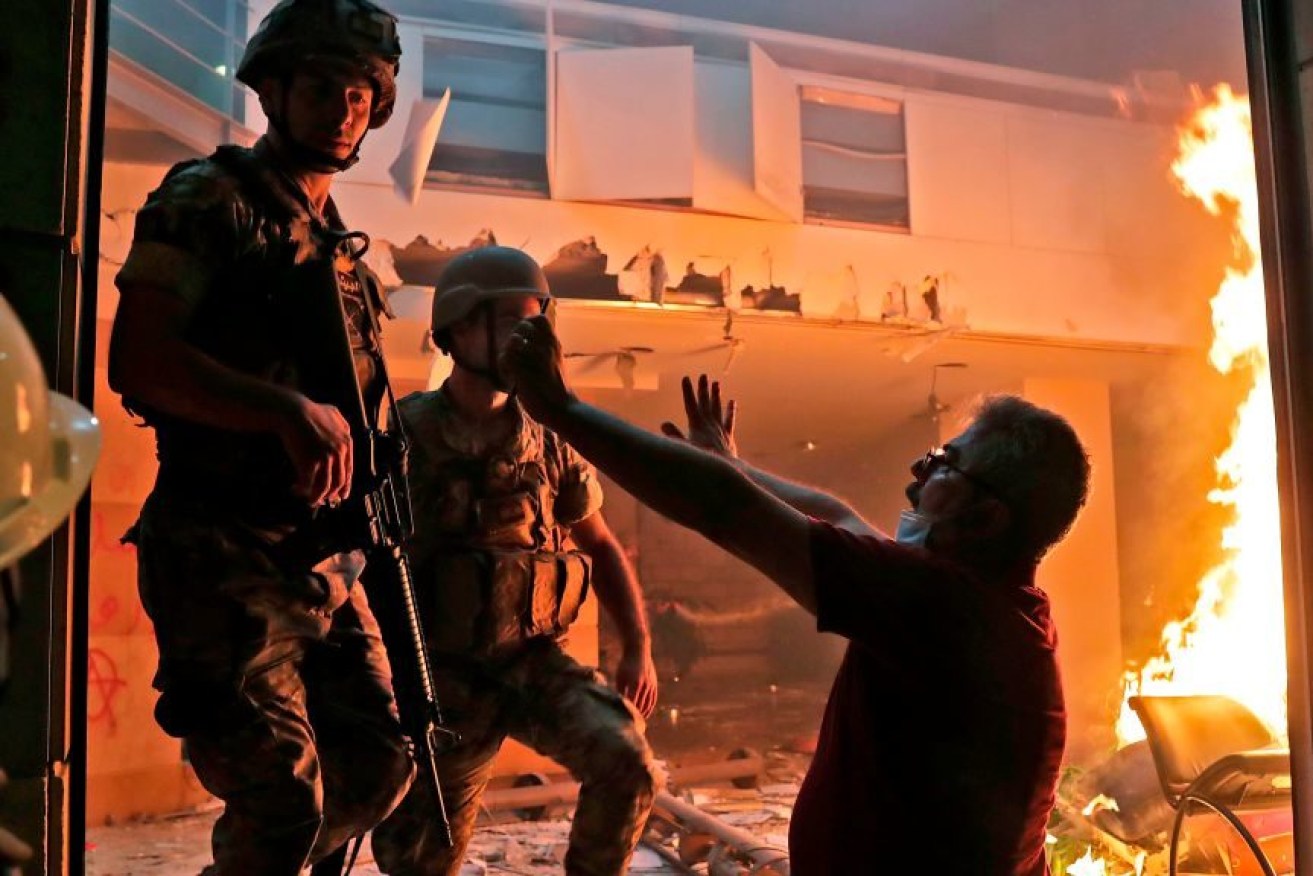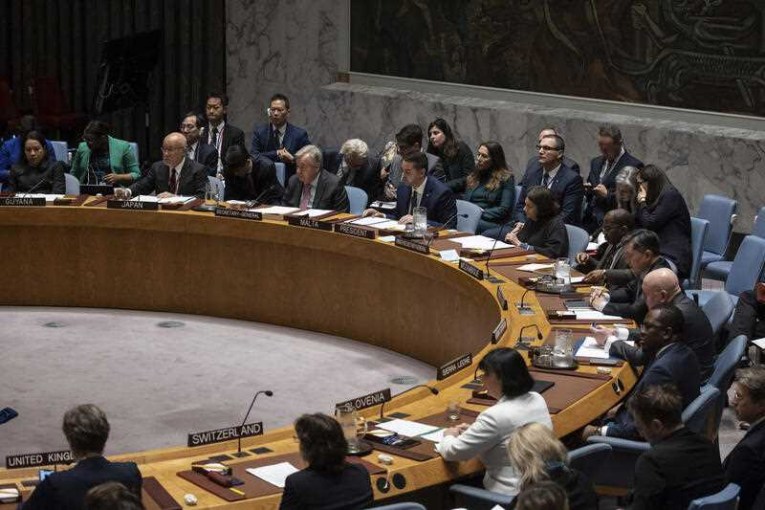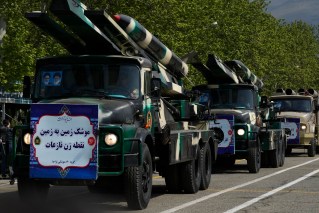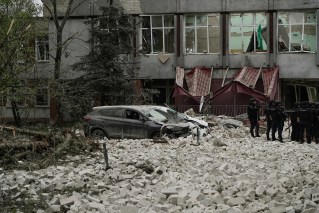‘Counting the days until our death’: Lebanon residents risk death to escape crisis


A Lebanese protester and soldiers at the headquarters of the Lebanese association of banks in downtown Beirut. Photo: Getty
Scores of Lebanese refugees are putting their lives at risk by squeezing onto boats and journeying across the Mediterranean sea to escape the economic devastation plaguing the crisis-hit country.
Parents have had to watch their children die on board the boats, then tie their bodies off to the side to stop them from being washed away.
Children have been traumatised on the attempted journey to a new life in Cyprus.
In the weeks after the Beirut port explosion, hundreds of people crammed into boats that were being filled to the point where one child said the agony from having his toes stepped on constantly was worse than the boat trip, which itself was life-threatening.
Small, wooden boats used for fishing were carrying more than double the number of people they could hold at maximum capacity.
In early September, five boats with 230 people spread between them were intercepted at sea by Cypriot authorities and ordered to return to Lebanon.
Some were lucky that help came when it did because they had been without food or clean water for over a week, and stranded in the middle of the ocean with no fuel.
There is no official death toll but figures from a rescue mission by the United Nations in mid-September reveal as many as 13 people from one boat died or were lost at sea, showing just how deadly the boat trip from Lebanon to Cyprus can be.
Many that arrived at Cypriot shores were pushed back while at sea or detained on arrival.
The situation in Lebanon is so desperate that families are saying they would do it all again just to escape the political and economic crisis, which was exacerbated after 2750 tonnes of ammonium nitrate exploded at Beirut’s port.
Requests for shelter and financial support to the Save the Children charity have increased by 574 per cent in the two months since the blast which killed 220 people, injured more than 7000 others and left 300,000 people homeless.

A fire at a warehouse at the Port of Beirut led to massive blasts on August 4. Photo: Getty
Among those who tried to flee was 12-year-old Khaled*, who was on a boat that had lost fuel just 20 hours into the 177 kilometre-journey from Lebanon to Cyprus.
During this time, the leader of their boat admitted they were lost.
There was barely any food and only about 15 litres of drinking water to share between the 49 people who were stuck on board.
After eight days, Khaled’s mother, who was suffering from diabetes, died.
That same day, help arrived but not in time to save his mum whose condition got worse as the group was without food and water for the eight days they were stranded at sea.
On the day of her death, Khaled’s mum used her diabetes medication to try and sweeten the seawater for him and his six other siblings.

Khaled watched his mum die on board the stranded vessel. Photo: Save the Children
“What I hated the most during those eight days was when the boat leader told us we got lost, and the thirst and hunger of the people. We were hopeless … desperate,” Khaled said.
“I’m worried about going back to school and having the teacher ask me ‘are you the ones who tried to travel by sea and killed your mother?'”
Between July and September, at least 21 boats packed with mainly Syrians, but also Lebanese and migrant workers, sailed from Lebanon hoping to cross the Mediterranean and seek refuge in Cyprus, according to the United Nations High Commissioner for Refugees.
Throughout 2019, it received reports of 17 boats that had departed Lebanon for Cyprus. Eight succeeded.

An injured man walks at the explosion scene that hit the seaport, in Beirut. Photo: AAP
Khaled’s 18-year-old brother who also had to watch his mother die while he and his siblings starved, said he wouldn’t hesitate to get on another boat if it meant escaping the dire financial crisis affecting Lebanon.
“If I was presented with the same opportunity to travel now, at this very second, I would immediately pack my bags,” he said.
“Even for our education, there is no future or hope here. There isn’t for the Lebanese, let alone for Syrians.”

Khaled and his older brother (pictured) see no future for themselves in Lebanon. Photo: Save the Children
Another teenager on one of the boats said: “We started to count the days until our death while drinking seawater”.
Mums had to use their clothes to try and remove the salt from the seawater which they collected to give to their dehydrated children.
Khaled’s 19-year-old sister who had studied nursing helped care for two children under three, one of whom died in her arms from dehydration.
Those who swam to get help never returned.

Khaled’s sister tried helping those who were struggling for their life. Photo: Save the Children
Families say they would do it all again because they see no hope or future for their children in Lebanon, said Jennifer Moorehead, country director for Save the Children in Lebanon.
“They can’t take another year like this,” Ms Moorehead said.
“Imagine how desperate the situation is, to drive families to take a chance on their own survival in order to escape the harsh reality.”
She said these are “unimaginable” experiences where children “saw a child – or their own parents – die, on the very boat that was supposed to carry them to a better future”.
Khaled and his family are back in Lebanon but say life has become unbearable, especially after having sold all their belongings to secure a spot on a boat which never made it to Cyprus.
*Name has been changed to protect privacy








